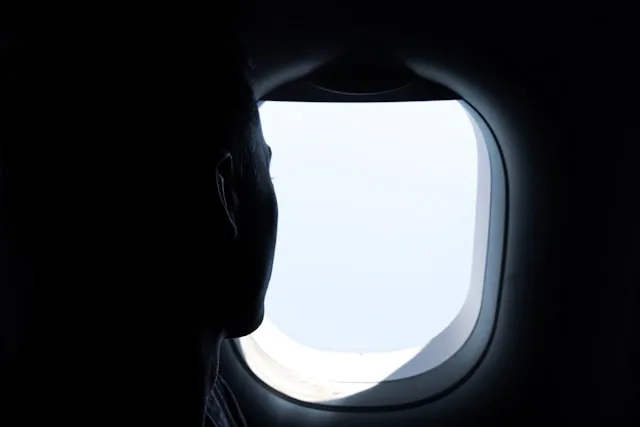Legislative changes strengthen trafficking and people smuggling laws
17
September
2025


The Government is making changes to the Crimes Act 1961 to strengthen trafficking and people smuggling laws.
Justice Minister Paul Goldsmith said in a Beehive press release that:
“We know these laws are not fit for purpose. Prosecution in trafficking cases is currently far too difficult, and offenders are receiving lighter sentences. These laws need to be more consistent with international standards, including those in UN conventions.”
Changes include:
- Removing the requirement to prove that coercion or deception occurred when the trafficked victim is under 18.
- Making it explicit that consent is irrelevant when the victim is under 18 or when coercion or deception was present.
- Ensuring that migrants cannot be smuggled into New Zealand using authentic, but fraudulently obtained travel documents.
- Providing greater protection for undercover Police investigating cases of child exploitation.
These changes address issues raised by submissions on National MP Greg Fleming's Crimes (Increased Penalties for Slavery Offences) Amendment Bill that is currently passing through the house.
ECPAT Child Alert Trust said in a press release [paywalled] that it welcomes the announced changes but agreed with other sector experts and advocates that more needs to be done to bring Aotearoa in alignment with international law to safeguard tamariki from sexual exploitation and trafficking.
Rebekah Armstrong, a member of the Human Trafficking Research Coalition and Head of Advocacy and Justice at World Vision New Zealand, spoke with RNZ’s Nine to Noon about the changes:
“Some of the other amendments that we are recommending bring New Zealand’s law more into line with the international definitions, but we’re also asking for some further definitions around things like forced and exploitative labour, forced services, servitude, sexual exploitation, and slavery to allow for better prosecution of this by our lawyers in New Zealand.”
World Vision said in a press release that it was grateful that the protection framework for victim-survivors of trafficking, especially children, had been strengthened and that it hoped this was just the beginning of a better and fairer system to address modern slavery.
Charl de Villiers, Professor of Accounting at the University of Auckland Business School, wrote an opinion piece on the underdeveloped and fragmented nature of current modern slavery business research around the world:
“Without clarity about what modern slavery entails, we cannot build reliable measures of its existence. And without reliable measures, we can’t test whether what we are doing to prevent it is successful.”
Related news
Unsafe international adoptions suspended
Associate Justice Minister Nicole McKee announced in September 2025 that the Government was moving with urgency to suspend recognition of unsafe international adoptions to protect children and young people from harm. The Adoption Amendment Bill will immediately and temporarily suspend New Zealand’s recognition of unsafe overseas adoptions until long-term legislation could be introduced next year. In a Beehive press release, Minister McKee said:
“There is evidence that our international adoption laws do not provide sufficient safeguards for children and young people. Adoptions that take place in overseas courts do not always access or require an adoptive parent’s criminal or child protection record… We know, for example, about instances in which people with known care and protection histories, or previous convictions for violence or sexual abuse, have been able to adopt overseas. They have then been able to bring those children and young people back to New Zealand where they have been neglected, abused, or exploited.”
ECPAT report released
In July, ECPAT released a new report, “I’m just content to them”: Children living through sexual exploitation in Aotearoa New Zealand (2025). The report seeks to better understand how sexual exploitation of children is experienced, recognised, and responded to in Aotearoa, from the perspective of those most directly affected. The report also addresses the absence of a national prevention framework in Aotearoa.
ECPAT national director Eleanor Parkes told RNZ the problem in New Zealand was not being sufficiently addressed, in large part due to a fragmented and siloed system, with no shared definitions or understanding between services in a position to intervene.
"There's a public perception that child trafficking is something that happens elsewhere, or that it's only about international movement. What this report shows is that exploitation here is often highly organised, but entirely domestic - and it's falling between the cracks because we haven't had the tools or language to name it."




